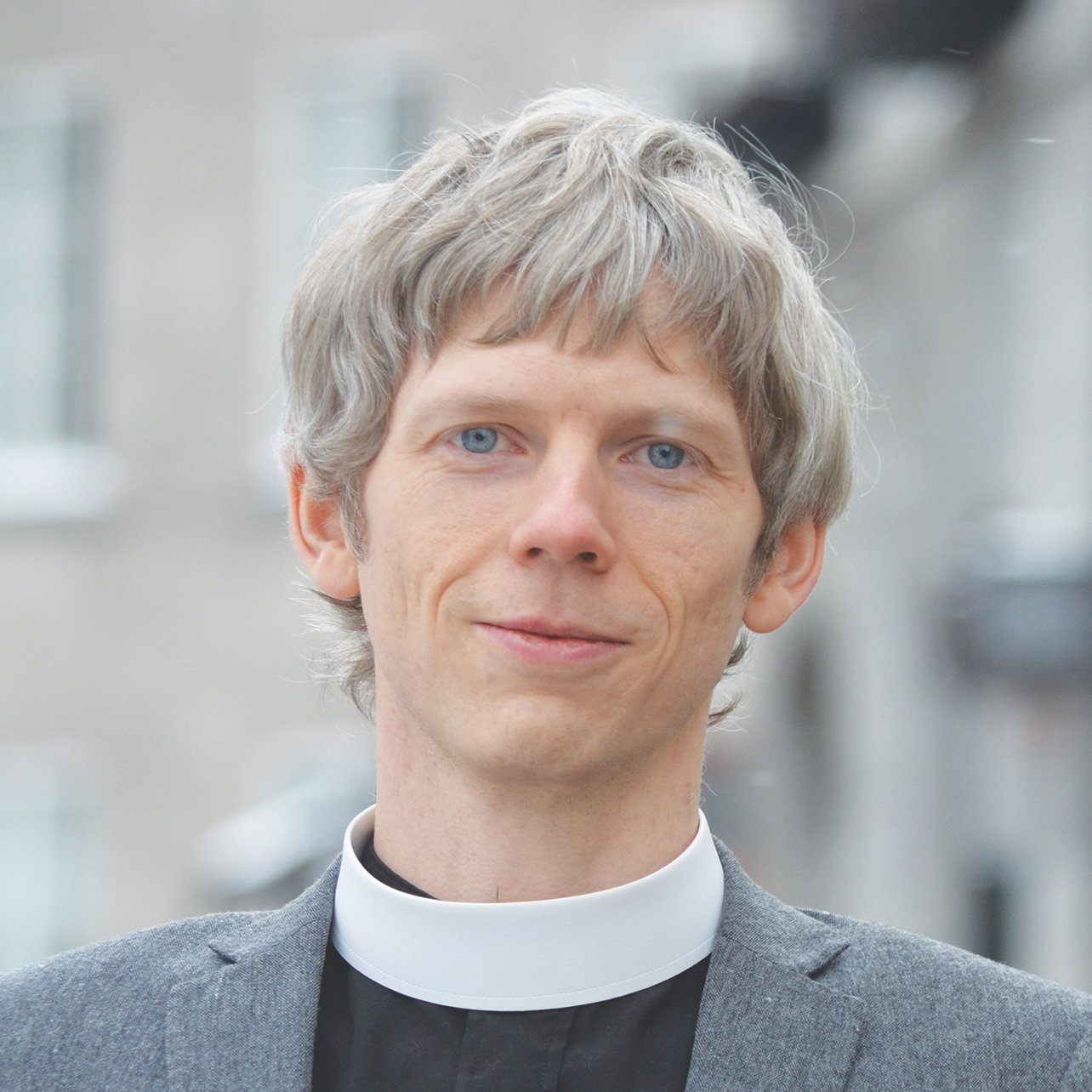I’ve had the great pleasure of recently serving on a General Synod task force exploring the ethics of money. It was an exciting mix of interesting and talented people coming from diverse backgrounds and perspectives. However, this created a challenge at the outset of our work: how do we begin a conversation on a topic as deeply tied to our identities and as divisive as our relationship with money?
What became too clear to most of us on the task force was that methodology matters. Where we begin in our theological reflection determines a great deal about where we end up. For example, a theology of money that takes as its premise that money is a neutral tool (one that we need), and therefore that we need to have a theology that helps provide a rationale for how we go about acquiring it, will look very different from one that takes as its premise that money is evil, and therefore that we need to have a theology of money that helps provide a rationale for overthrowing the current economic system.
Beginning with either premise will, to some extent, determine both the character and the conclusion that their respective theology of money might come to. What both starting points share is their relationship to theological reflection: each turns to theology as a tool to provide a Christian rationale to a perspective already arrived at by other means.
I found participating in this group inspiring because the members of the task force wanted to do things differently. And so the first step of our work together was discussing how we ought to start. It took a whole year of honest conversations with each other-a year of laughter, and a year of frustrations. But the wait was worth it. We ended up with a theological reflection we felt acknowledged the difficulty and the hope of living as faithful disciples of Jesus-who taught us, “You cannot serve God and wealth” (Mt. 18:24b)-in a world determined by money.
In my next reflection, I will turn to look at the task force’s reflection in more detail. For now, suffice to say, I hope to take the spirit of that task force with me into this column. I’ve named it “In the Meantime” as a way of wearing my own methodology on my sleeve. My premise is that Christian ethics names a theological reflection upon a communal task: living as a community of disciples whose life together witnesses to the God who was revealed in the life, death and resurrection of Jesus Christ.
“In the Meantime” describes the time between the resurrection of Jesus and the full establishment of God’s kingdom on earth, the time we have been given to live this communal task faithfully in honest conversations, laughter and frustrations. This time may be our lifetimes, but we live in the sure and certain hope that the wait is worth it.





